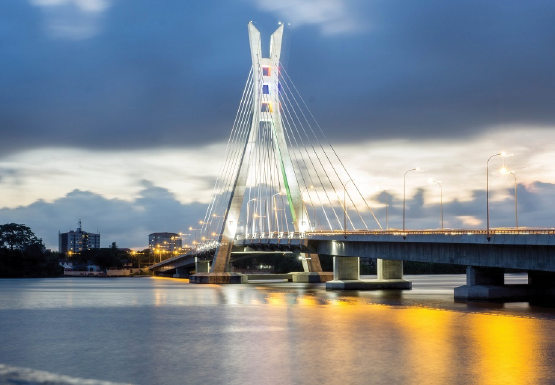Based on inflation rates for September 2023, the most expensive states to live in are Kogi, Lagos, and Rivers, according to the most recent Consumer Price Index data released by the Nigeria Bureau of Statistics.
On a year-on-year premise, Kogi drove the way with the most noteworthy all-things expansion rate at 31.50 percent, followed intently by Lagos at 29.17 percent and Streams at 29.06 percent.
On the other hand, Sokoto had a headline inflation rate of 20.91 percent, Borno had a rate of 21.77 percent, and Nasarawa had a rate of 22.25 percent.
When the data were compared from one month to the next, the pattern remained the same. In August 2023, Kwara saw the highest increase at 6.07 percent, followed by Osun at 4.36 percent and Kogi at 4.35 percent. On the other hand, Sokoto saw the slowest increase at 1.38 percent, Borno at 1.73 percent, and Ogun at 1.89 percent.
that lead with the most noteworthy year-on-year premise food expansion rate at 38.84 percent. Lagos followed intently at 36.04 percent, and Kwara at 35.33 percent.
Then again, Sokoto 20.09 percent, Nasarawa 24.35 percent, and Jigawa 24.53 percent kept the slowest ascent in food expansion on a year-on-year premise.
On a month-on-month reason for similar period, Waterways at
7.12 percent, Kwara 5.89 percent, and Kogi 5.80per penny recorded the most elevated increments, while Sokoto recorded 0.50 percent, Abuja 1.30 percent, and Niger 1.40 percent encountered the slowest ascent in food expansion.
According to the report, significant price increases in essential food items like oil and fat, bread and cereals, fish, fruit, meat, vegetables, potatoes, yam, and other tubers, vegetables, milk, cheese, and eggs are to blame for the rise in food inflation.